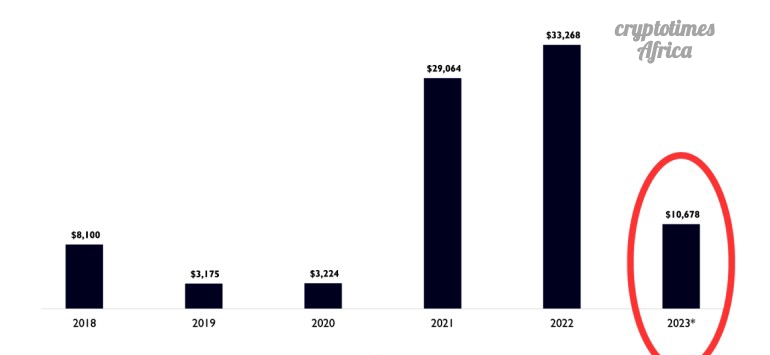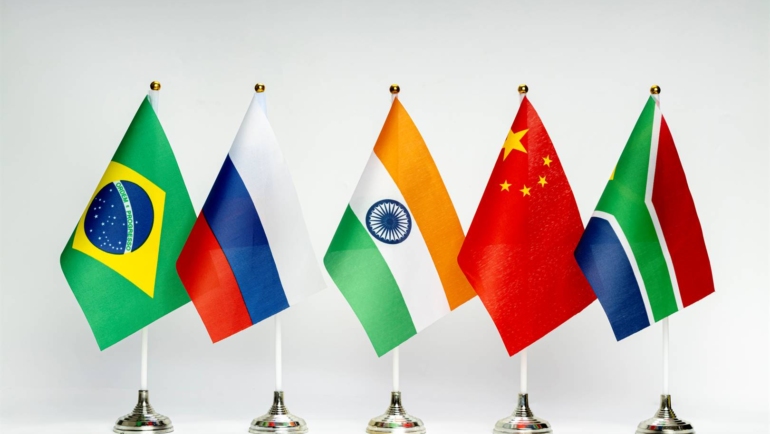
Blockchain technology lets East African farmers sell globally
Small farmers in the developing world may be on the cusp of an agricultural breakthrough. With emerging technologies like satellite imagery, drones and machine learning boosting productivity, it’s becoming more viable than ever to sell their produce in places like Western Europe.
There’s just one catch: avocado farmers in East Africa or coffee growers in Latin America have to be able to document that their crops have been grown in accordance with sustainable agricultural practices.
Their harvest bounty can’t come at the expense of denuded forests or through the assistance of child labor. And if their products are labeled “organic,” they will have to provide certification that no synthetic fertilizers and pesticides were used.
This is where blockchain technology could play a significant role.
Generating an immutable record
“Blockchain creates a great solution with an immutable record, particularly [when] combined with mobile” and other emerging technologies, Jon Trask, CEO of Dimitra — an AgTech firm active in 18 countries, which has worked with government agencies in Brazil, India, Uganda and Nepal — told Cointelegraph.
On July 20, Dimitra and One Million Avocados (OMA) — a sustainability-focused tech group — announced a partnership to help Kenyan avocado farmers boost production and quality through cutting-edge emerging technologies, including blockchain.
Patience is required
Overall, it may take some time to move the African farming needle. “Certainly, it will take years,” said Trask. For instance, a farm cooperative may come in and sign a contract with Dimitra and say that “they’re going to onboard 30,000 farmers. We probably never get 100% adoption; we may only get 80%.”
Moreover, only 10% of system users may be “power users,” he continued. Some may be participating because food giants like Nestle and others have told them “they had to have traceability,” Trask noted. Other farmers simply don’t want to convert to new technologies.
Another challenge is, implementing these solutions sometimes “requires too many parties to be involved or to learn about the technology,” according to ConsenSys’s Singer.
Solutions must also be accessible, affordable and scalable, added Kubyane. “It is of utmost importance to have patient capital at a significant scale.”
In sum, synergies from melding blockchains with other emerging technologies like satellite imagery, AI, mobile tech and others may one day revolutionize agriculture in the developing world. But until that day arrives, farmers in East Africa and other regions can potentially fetch higher prices for their products by tapping export markets like the EU and North America.
But to secure a permanent place at dining tables in these Western economies, they will have to convince regulators and sustainability-minded publics that their crops weren’t grown by razing woodlands or employing child labor. To accomplish that, private and public blockchains, with their enhanced tracking, tracing and certification capabilities, may prove invaluable.


